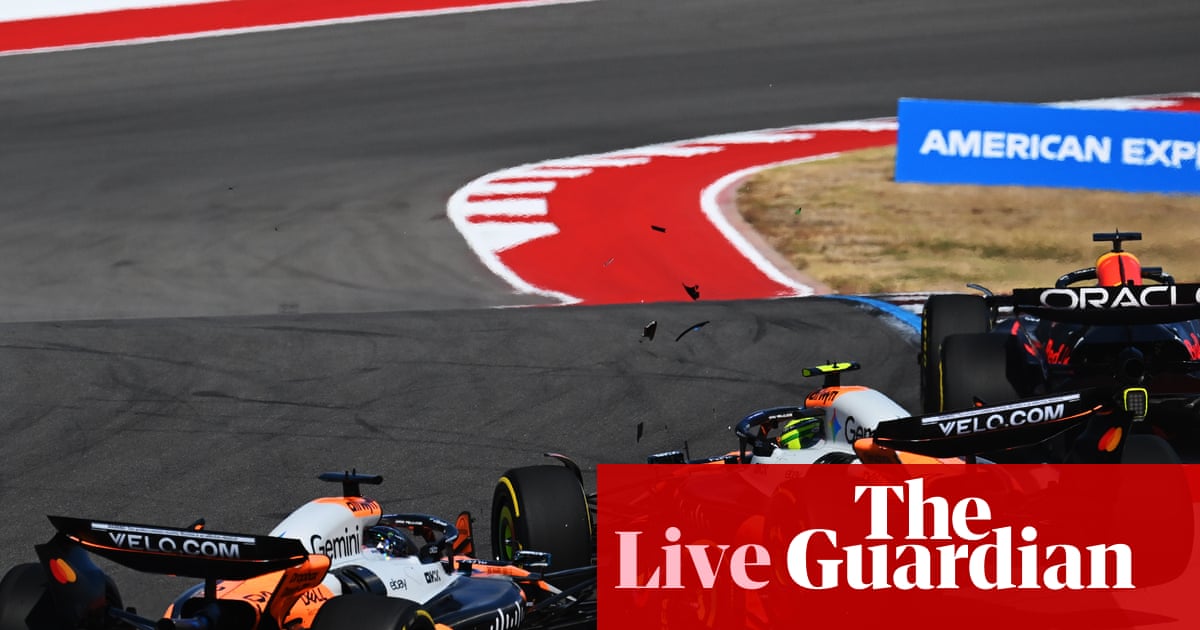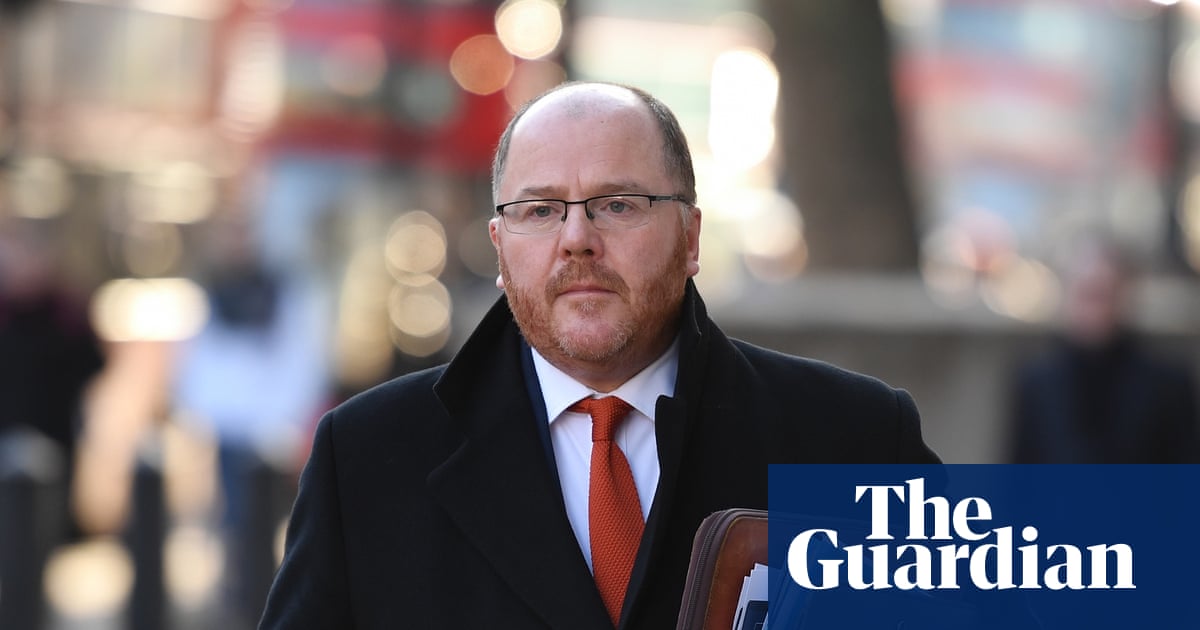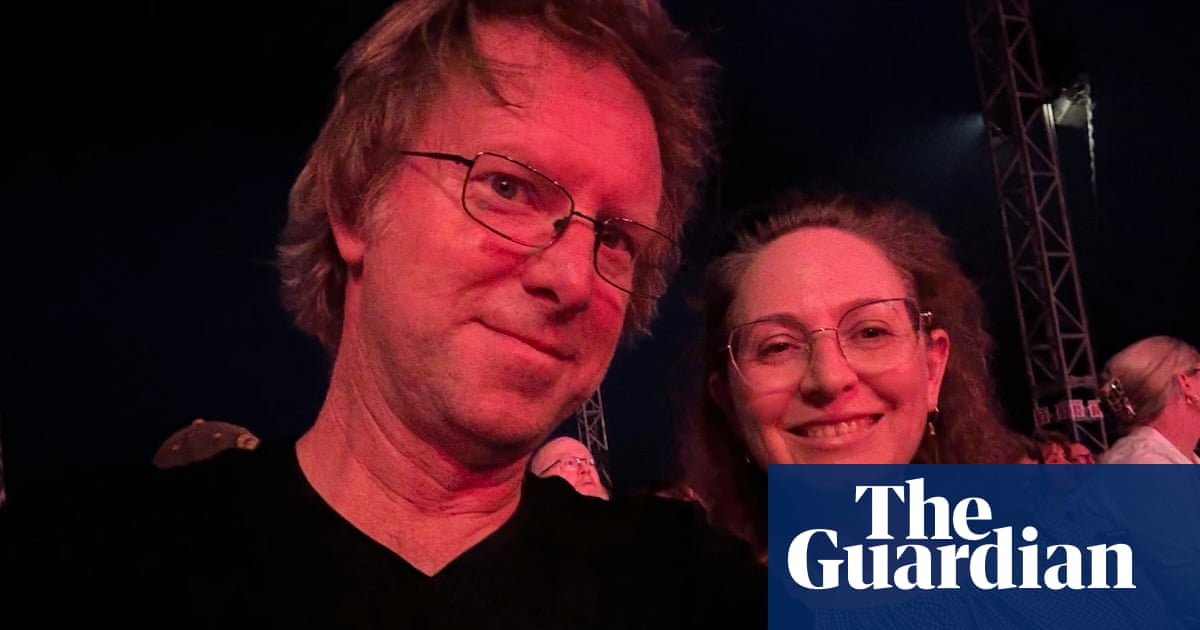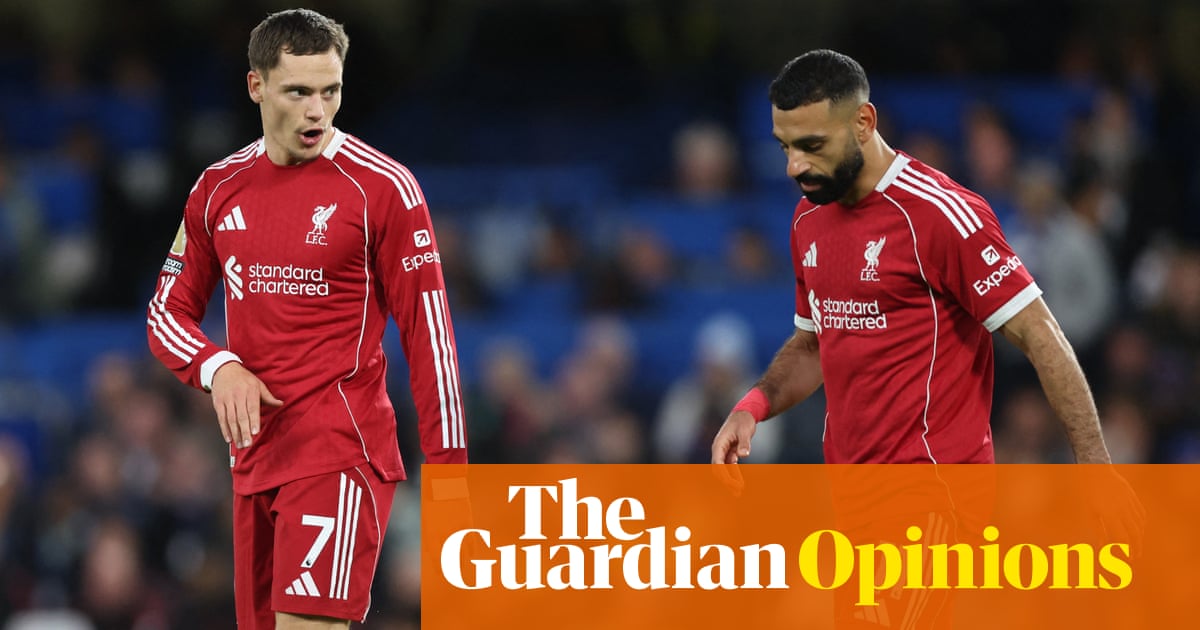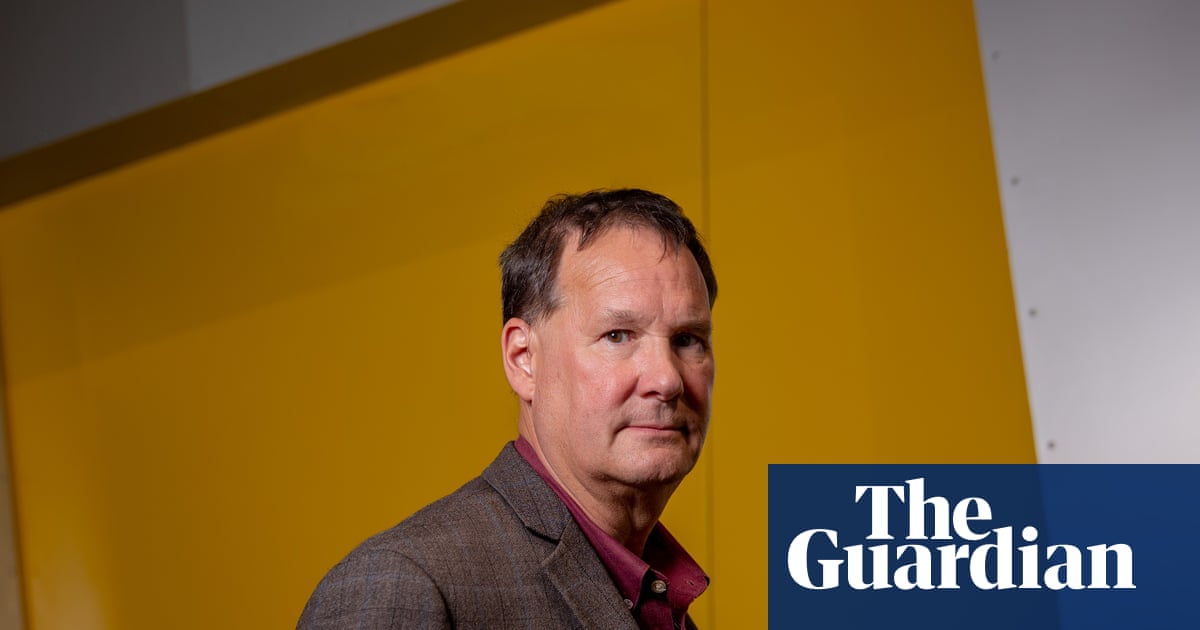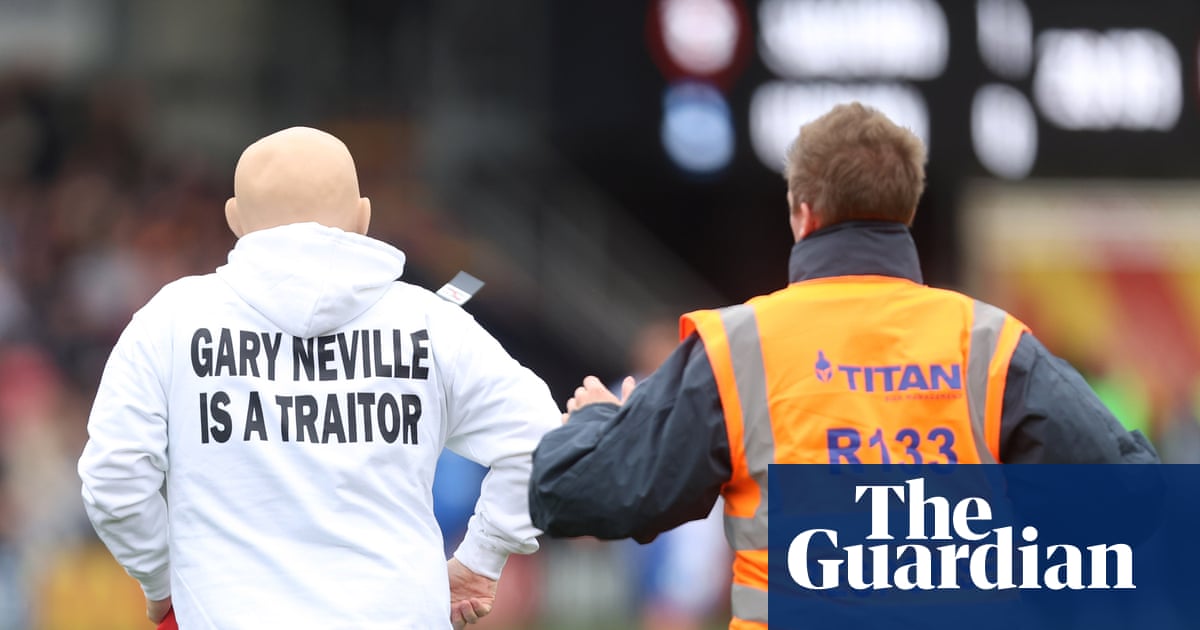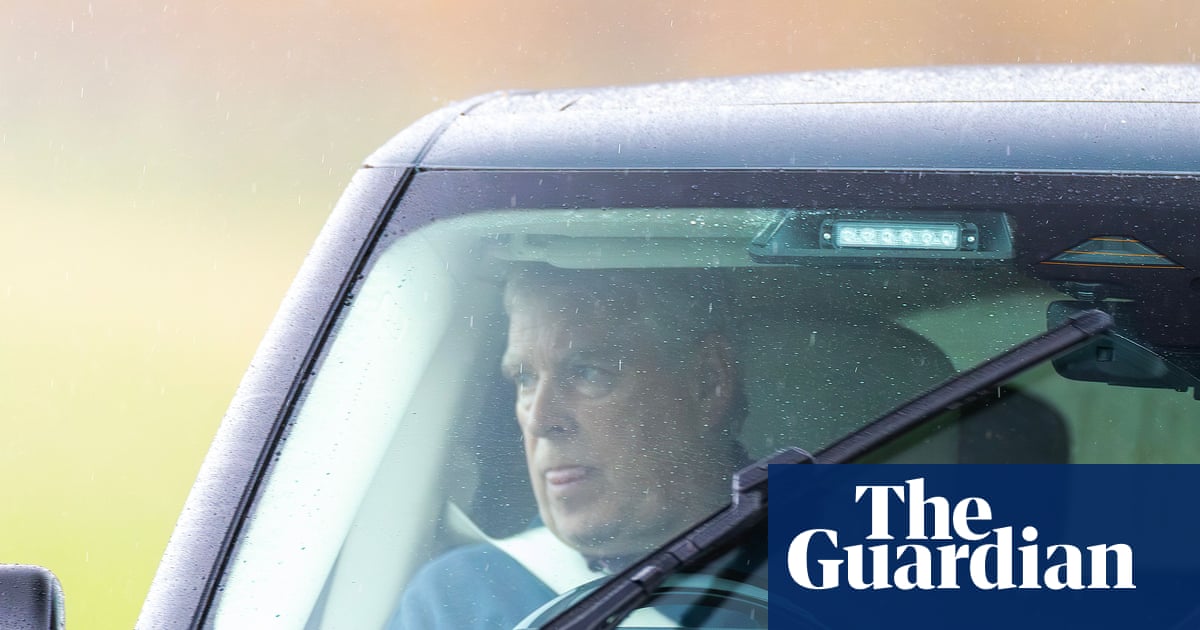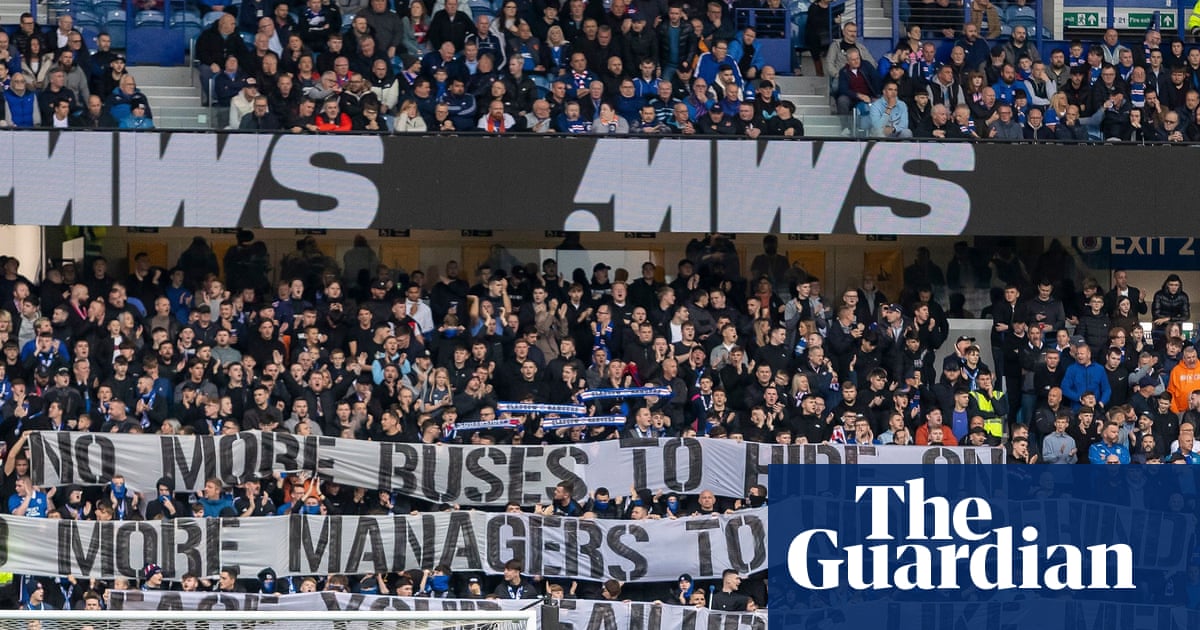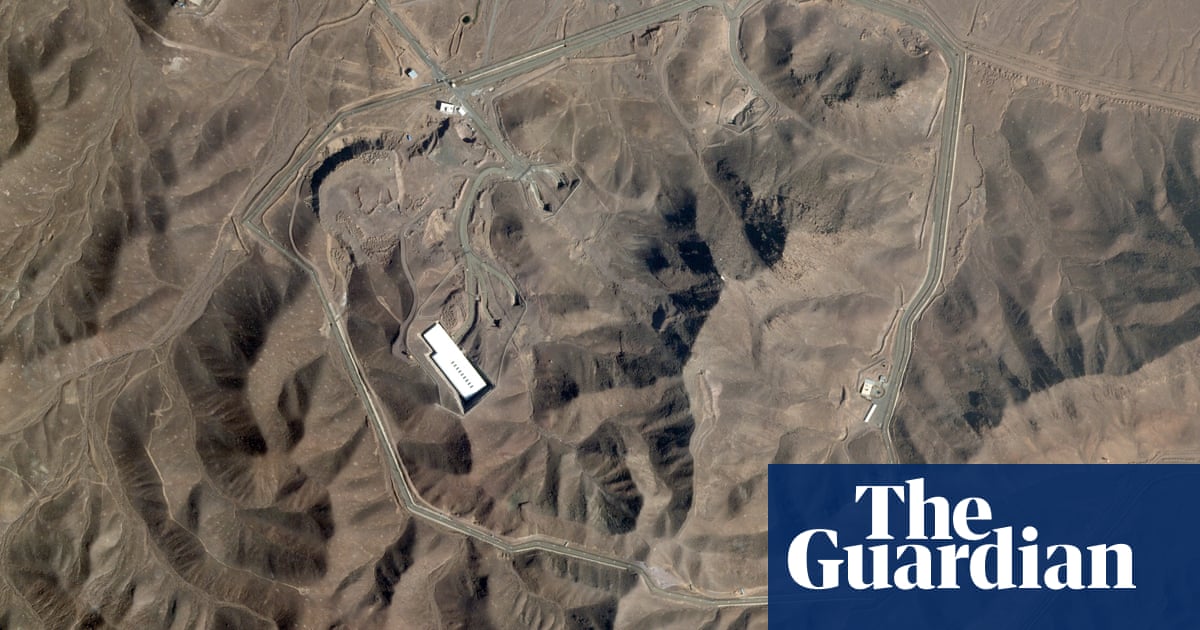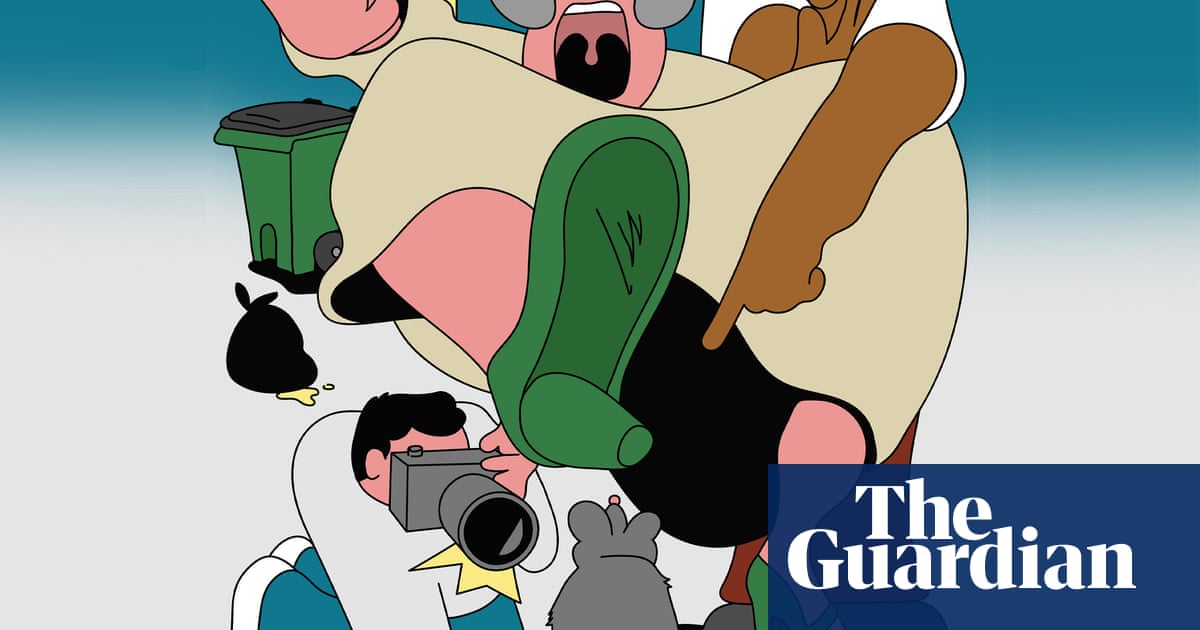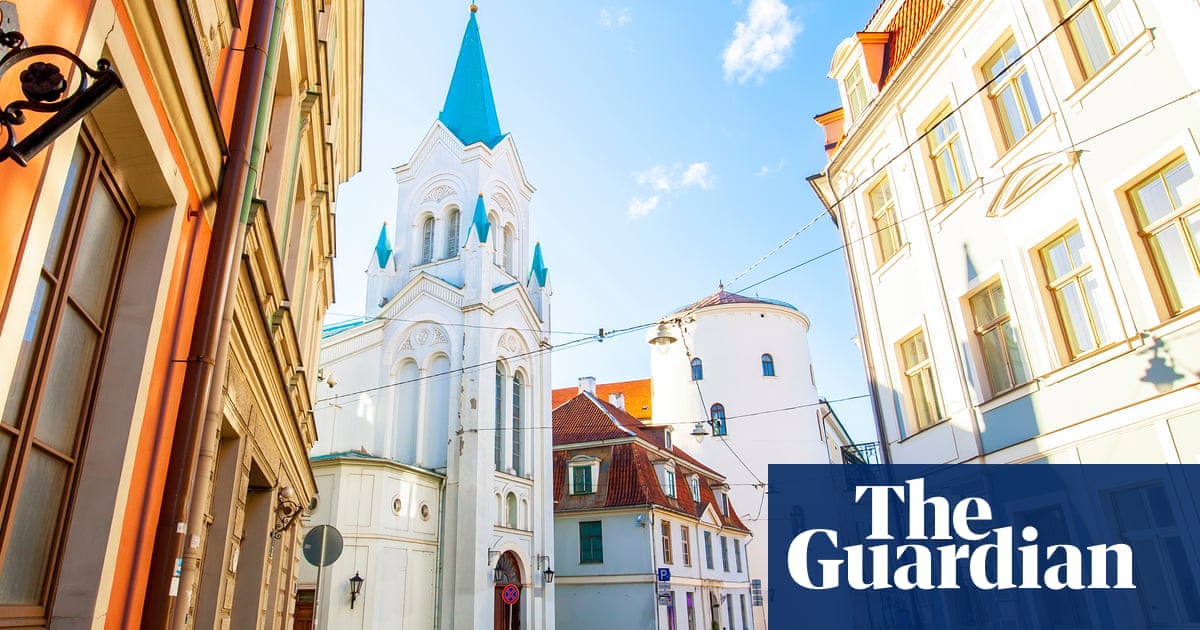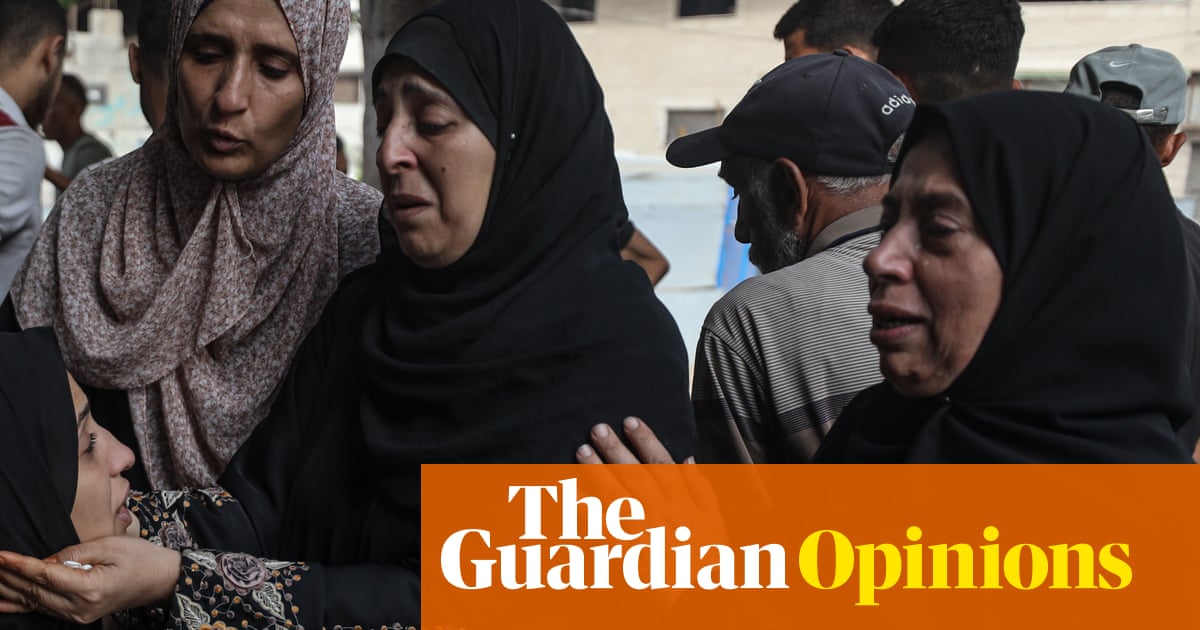In the last few days, we have seen celebrations alongside cautious optimism about a future for Gaza without bombs and bullets. This much needed pause in hostilities is providing children with the chance to sleep without the fear of drones above their heads, airstrikes on nearby buildings or fires breaking out in their tents. Families in Gaza are slowly returning to their neighbourhoods and trying to salvage what they can of their lives from the rubble.
But crucially, what they are still not currently getting is full and sustainable access to aid supplies and vital services. This is about fundamental basic rights for children in the occupied Palestinian territory, which we have been demanding and advocating for since 1953.
The humanitarian situation on the ground continues to be catastrophic. Children and babies are still struggling with malnutrition, we are seeing increased cases of diarrhoea, scabies and pneumonia in our health clinics. Until these basic needs are met, Palestinians cannot begin to think about rebuilding Gaza.
Since the pause in hostilities began, we know some UN agencies and international organisations have been able to increase the entry of humanitarian supplies, but this has been nowhere near the scale that we need to deliver consistently for children. Save the Children supplies have been repeatedly denied entry into Gaza since early March. At the bare minimum, Gaza requires at least 600 aid trucks, 50 fuel tankers and cooking gas. Children need aid that matches their needs – and there should be no cap on truck deliveries. We have been rationing existing stock as a temporary solution. But we need immediate, long-term, unimpeded access to nutrition supplies, food, water, hygiene kits including soap, shampoo, laundry detergent and sanitary pads – along with fuel, cooking gas and other essential lifesaving items.
We have seen first-hand what happens when aid isn’t consistently delivered. Nazek*, 30, who is a mother of four in Gaza, was pregnant with her youngest daughter during the first year of the war, and food was so scarce that she became malnourished. At seven months, her youngest daughter, Nour*, was diagnosed with severe acute malnutrition. With support from Save the Children’s nutrition clinic, Nour has improved but remains fragile, often surviving only on supplementary therapeutic food known as Plumpy’nut. But what she needs is high-energy, nutrient-dense food items consistently, and for a prolonged period.
With winter approaching, when temperatures can drop to five degrees, shelter, blankets, and warm clothing are also a priority. The scale of devastation in Gaza goes beyond anything we could have imagined – the United Nations relief and works agency (Unrwa) reported that 92% of homes have been damaged or destroyed. The photos and videos do not convey the hundreds of thousands of Palestinian families living in rubble and bombed out buildings that are certainly not equipped for colder temperatures.
Save the Children is advocating for long-term unimpeded access to be granted as well as a permanent definitive ceasefire. Ways to deliver this are being explored – with Moazzam Malik, chief executive of Save the Children UK, recently calling for an internationally mandated mechanism to deliver aid at the Rafah border crossing with Egypt. International management on both sides of the border could enable the movement of supplies at pace, and with transparent oversight.
We’ve got supplies ready to go in Egypt, including 10,000 hygiene kits that include soap, shampoo, laundry detergent, sanitary pads and lifesaving medical items, including shelter and winter kits, as well as multi-purpose cash assistance. When granted access, we will work with UN agencies to expand the essential services that we’re already running, particularly scaling up our nutrition support, including prevention, screening and treatment of malnutrition. Children do not only need basic humanitarian supplies, but a range of services.
We also need to address the longer-term impacts that this two-year war has had on children, which goes beyond the immediate need for aid. In 2024, the UN concluded that the occupied Palestinian territory was the deadliest place on Earth to be a child.
Children need specialised mental health support to overcome the traumatising impacts of unconscionable violence. In a child-friendly space run by Save the Children, one child wrote: “I wish I was in heaven where my mother is, in heaven there is love, there is food and water.” Children in Gaza are also now in their third year of missing out on school. The extended period without education significantly increases the risk of students never completing their studies. With full access into and across Gaza, aid agencies can reopen temporary learning spaces to provide activities for 700,000 school-age children.
Gaza also has the highest number of child amputees per capita anywhere in the world. Back in January the ministry of health reported that 800 children have had either their upper or lower limbs amputated since the war in Gaza started, while the use of explosive weapons in Gaza in 2024 led to an average of 15 children a day sustaining potentially lifelong disabilities. These children need long term specialist support.
after newsletter promotion
Against unimaginable odds, we have been working around the clock to respond to the human-made crisis in Gaza since the war began. We have provided lifesaving support and aid to 1.6 million people, over half of whom are children.
Humanitarian aid is a right and an obligation and cannot be superseded by political negotiations and political or military goals. Aid is a tool for relief, not control. Israel must allow all border crossings to be opened with immediate effect. Anything less means that, even with a lasting ceasefire, children’s lives and futures will remain at grave risk. Anything less is simply not enough.
* Not their real names
-
Alison Griffin is head of conflict and humanitarian campaigns at Save the Children UK

.png) 10 hours ago
4
10 hours ago
4
